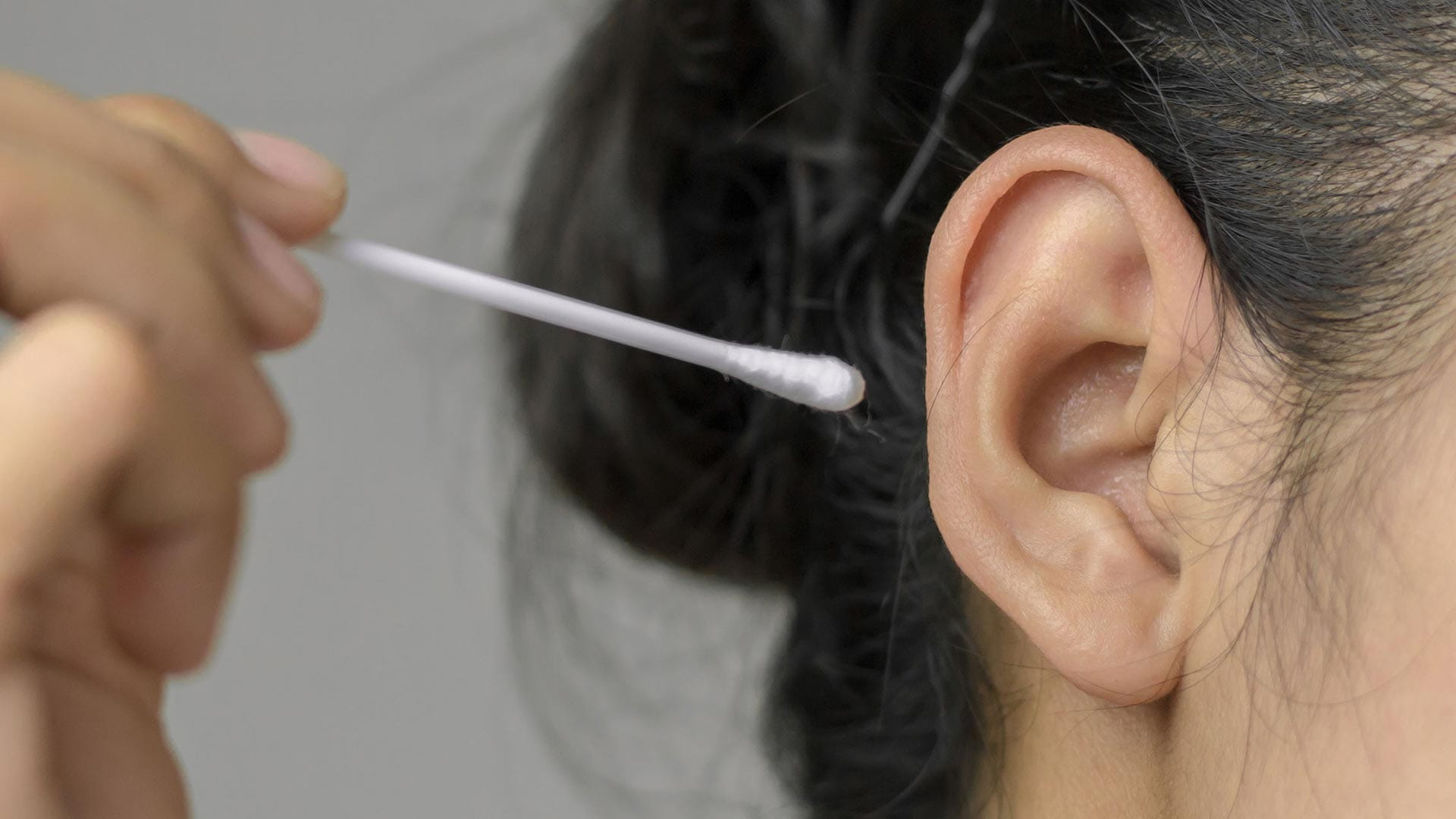
Earwax Removal Tips
The ear is a delicate, self-cleaning organ that helps you to hear and analyze sounds. There is generally no need to manually clean the ears, except in cases where an overproduction of wax results in a buildup or blockage. In this case, care should be taken when cleaning the ears to avoid making the problem worse or damaging the eardrum.
Created Updated
About hearing
What is earwax?
Cerumen, commonly called earwax, is a waxy oil produced in the ear canal. This sticky, gooey substance may appear gross to some people, but it functions to protect the ear and prevent health problems. Wax usually accumulates, dries, and falls out of the ear on its own. But wax may sometimes back up and cause itching of the ear. This may tempt you to grab a cotton swab or foreign object to relieve the itch or clear the blocked ear. During cleaning, you can accidentally push wax deeper into the ear and cause a blockage which can lead to certain health problems. This is in addition to the risk of perforating the ear drum or lining of the inner ear.
Health problems caused by earwax buildup
• Earache
• Ear infections
• Tinnitus (ringing in the ear)
• Vertigo (a spinning sensation)
• Hearing loss
When to see a doctor
To protect the ear, earwax should only be removed safely and effectively by an ENT (ear, nose and throat) specialist. Using cotton swabs or any other method at home carries health risks that only a qualified doctor can prevent. Improper and unnecessary cleaning attempts can lead to chronic infections of the ear canal and eardrum. This is especially important when dealing with excessive earwax or blocked ears in children. You or your child should see a doctor if symptoms do not improve, become worse, or you experience pain, bleeding, or hearing loss.
The takeaway
It is normal for the ear to produce wax. In most cases, cleaning away the wax can hurt more than it helps. If it becomes necessary to clean your ear from time to time, you should visit a doctor to ensure this is done in a safe manner to avoid damaging your ear or causing loss of hearing.